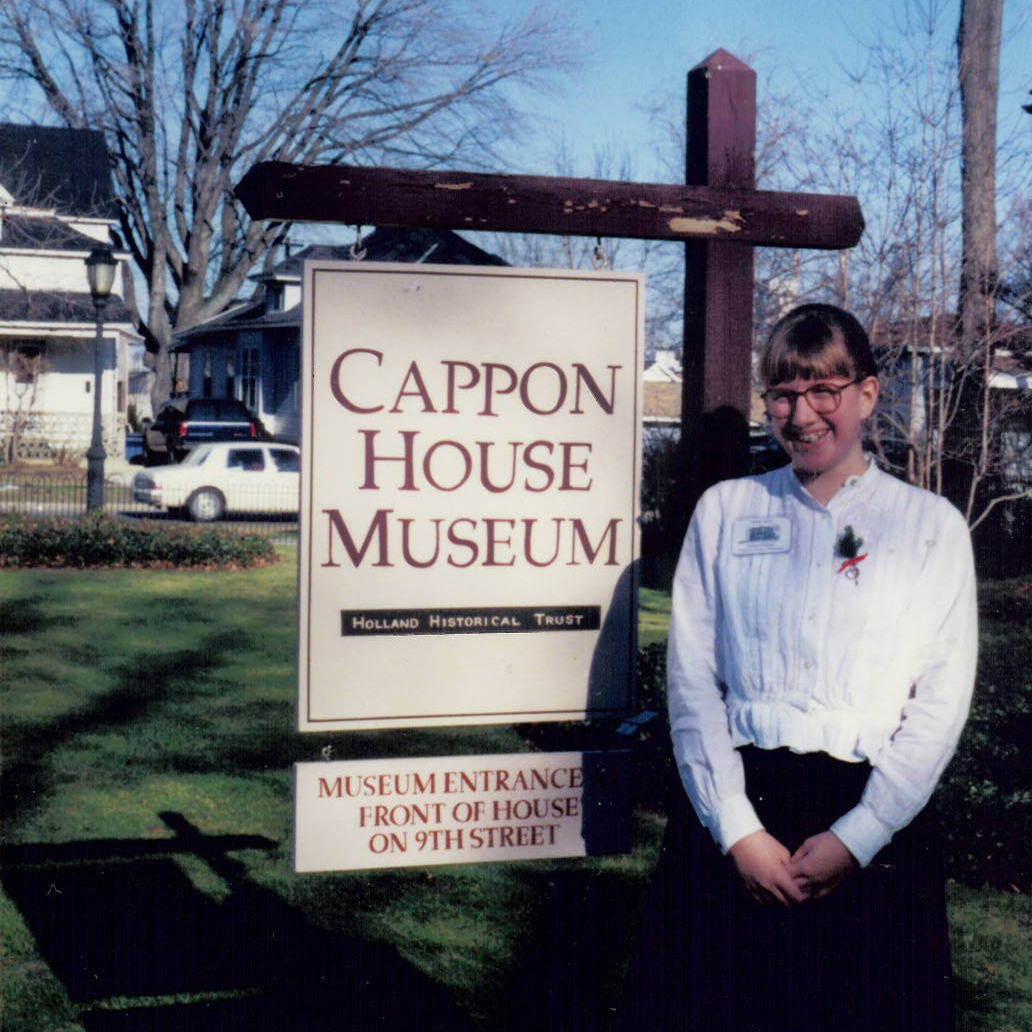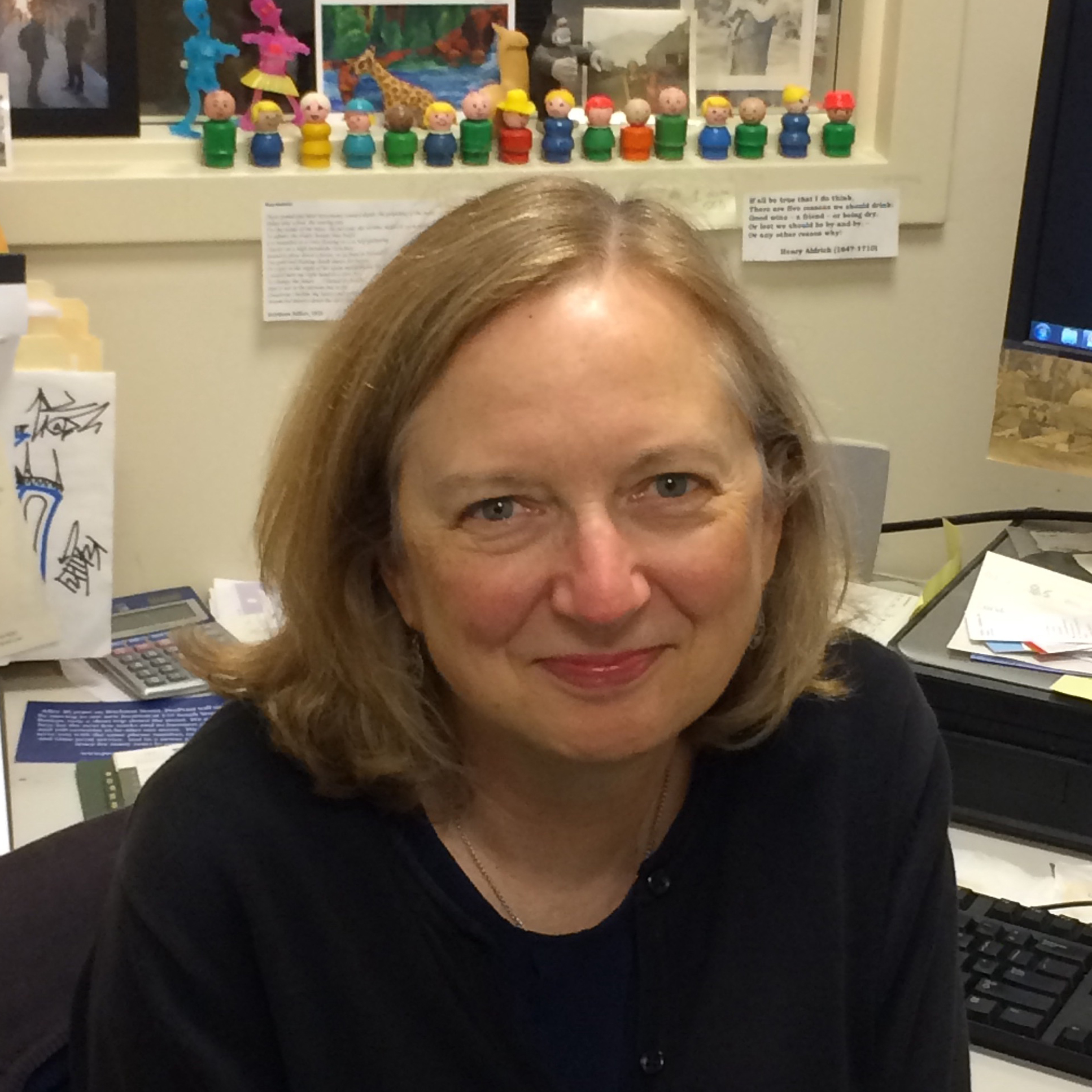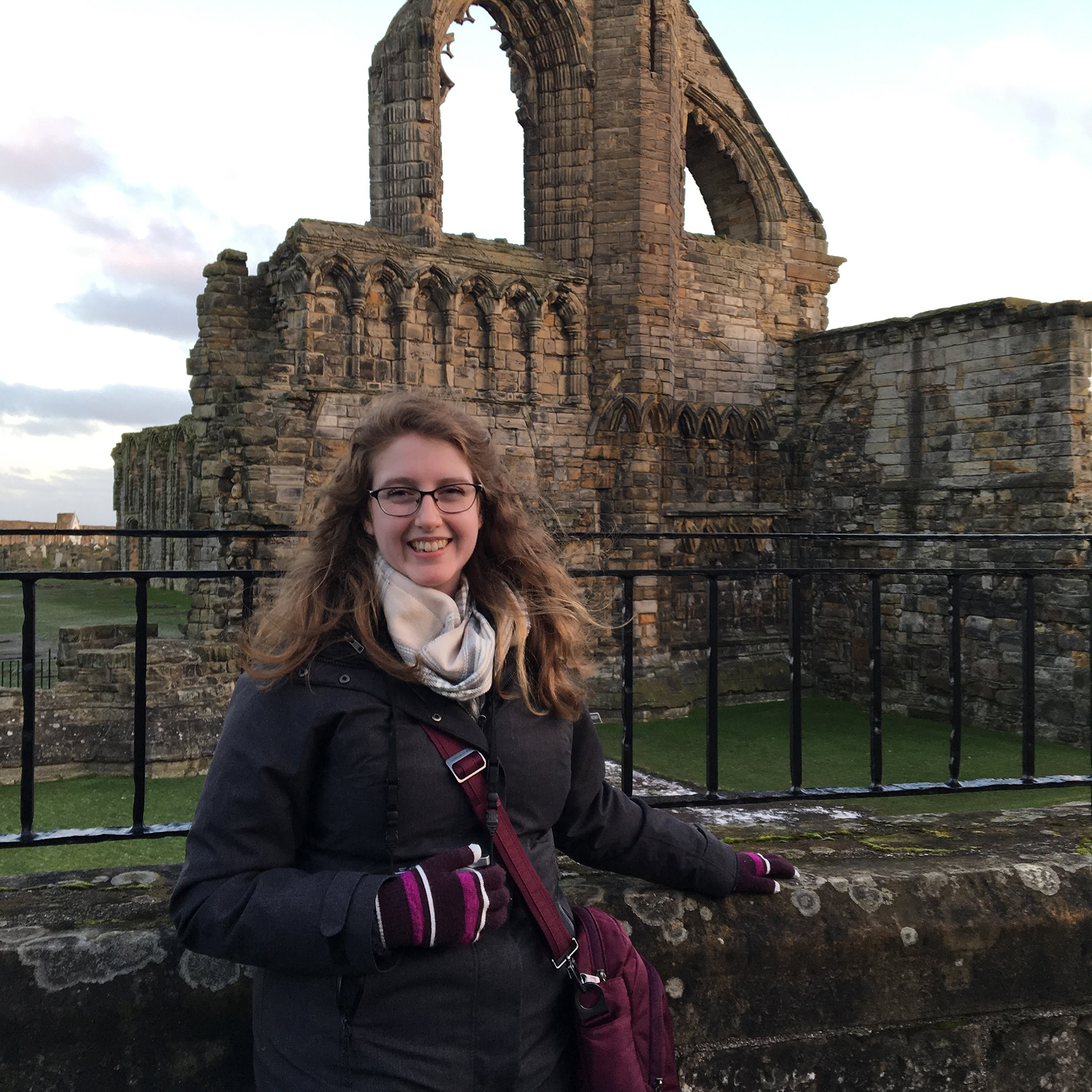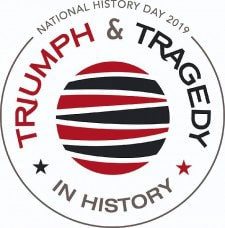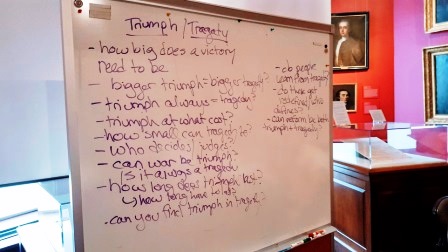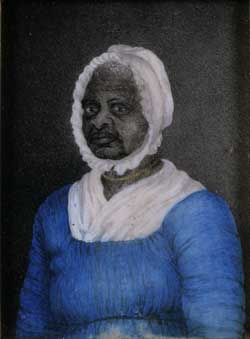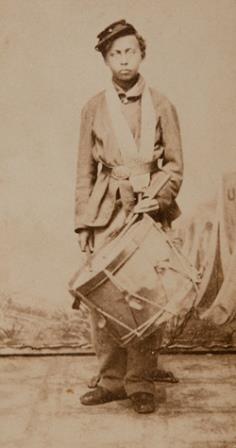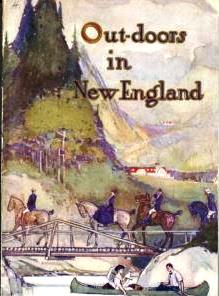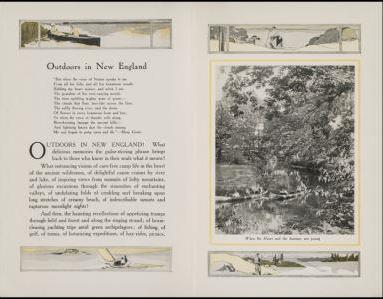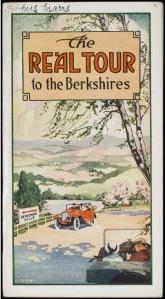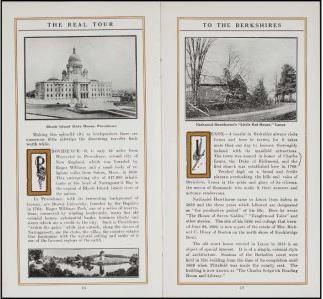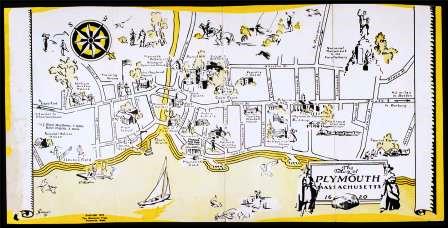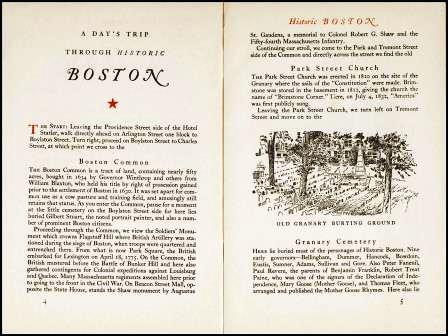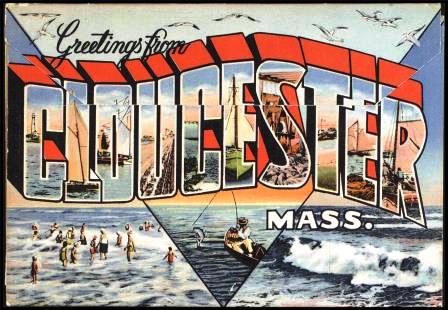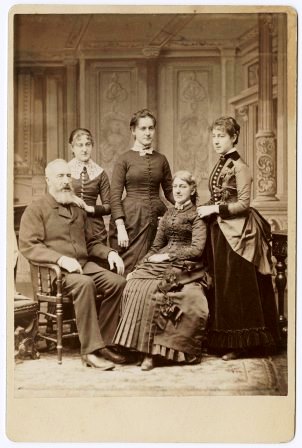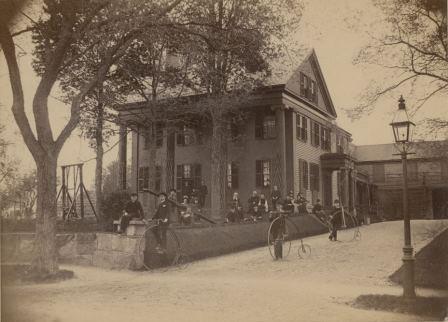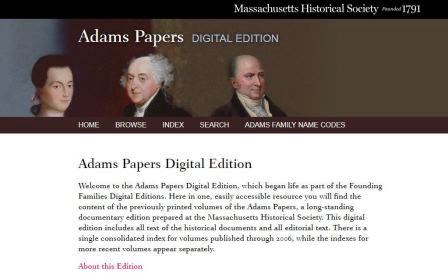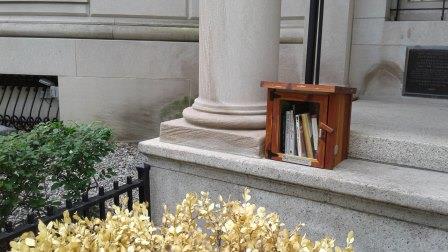By Daniel T Hinchen, Reader Services
Recently, the MHS hosted a program called “No more, America,”* which featured a conversation with Henry Louis Gates Jr. and Peter Galison, both of Harvard University. In it, the two men reimagined a 1773 debate between graduating Harvard seniors Theodore Parsons and Eliphalet Pearson who deliberated on the compatibility of slavery and “natural law.” In the program, Gates and Galison added a third contemporary voice to the argument, that of the then-enslaved Phillis Wheatley, the acclaimed poet who lived just over the Charles River from the two Harvard students.
Now, just over a week later, we recognize the anniversary of the first publication of one of Wheatley’s poems. “On Messrs. Hussey and Coffin” appeared on December 21, 1767, in the Newport Mercury, a Rhode Island weekly newspaper. According to Vincent Carretta in his 2011 biography of Wheatley, this poem was not published again during Wheatley’s lifetime.
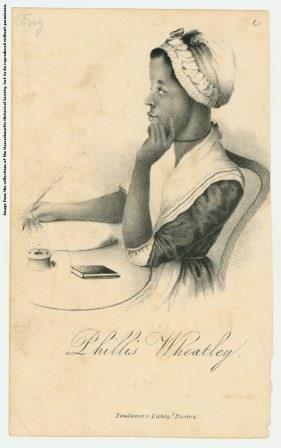
When Wheatley submitted her poem to the Newport Mercury, she addressed a note to the printer which was to precede the poem.
Please to insert the following Lines, composed by a Negro Girl (belonging to one Mr. Wheatley of Boston) on the following Occasion, viz. Messrs Hussey and Coffin, as undermentioned, belonging to Nantucket, being bound from thence to Boston, narrowly escaped being cast away on Cape-Cod, in one of the late Storms; upon their Arrival, being at Mr. Wheatley’s, and, while at Dinner, told of their narrow Escape, this Negro Girl at the same Time ‘tending Table, heard the Relation, from which she composed the following verses.
On Messrs. Hussey and Coffin
Did Fear and Danger so perplex your Mind,
As made you fearful of the Whistling Wind?
Was it not Boreas knit his angry Brow
Against ? or did Consideration bow?
To lend you Aid, did not his Winds combine?
To stop your passage with a churlish Line,
Did haughty Eolus with Contempt look down
With Aspect windy, and a study’d Frown?
Regard them not; — the Great Supreme, the Wise,
Intends for something hidden from our Eyes.
Suppose the groundless Gulph had snatch’d away
Hussey and Coffin to the raging Sea;
Where wou’d they go? Where wou’d be their Abode?
With the Supreme and independent God,
Or made their Beds down in the Shades below,
Where neither Pleasure nor Conten can flow.
To Heaven their Souls with eager Raptures soar,
Enjoy the Bliss of him they wou’d adore.
Had the soft gliding Streams of Grace been near,
Some favourite Hope their fainting hearts to cheer,
Doubtless the Fear of Danger far had fled:
No more repeated Victory crown their Heads.
To see what materials the MHS holds related to Phillis Wheatley’s life and work, you can search our online catalog, ABIGAIL, then consider Visiting the Library, but be sure to consult our online calendar for upcoming holiday closures.
*Watch a recording of the event that took place at the MHS on 12 December 2018.
References
Carretta, Vincent, Phillis Wheatley: Biography of a Genius in Bondage, University of Georgia Press, 2011.


